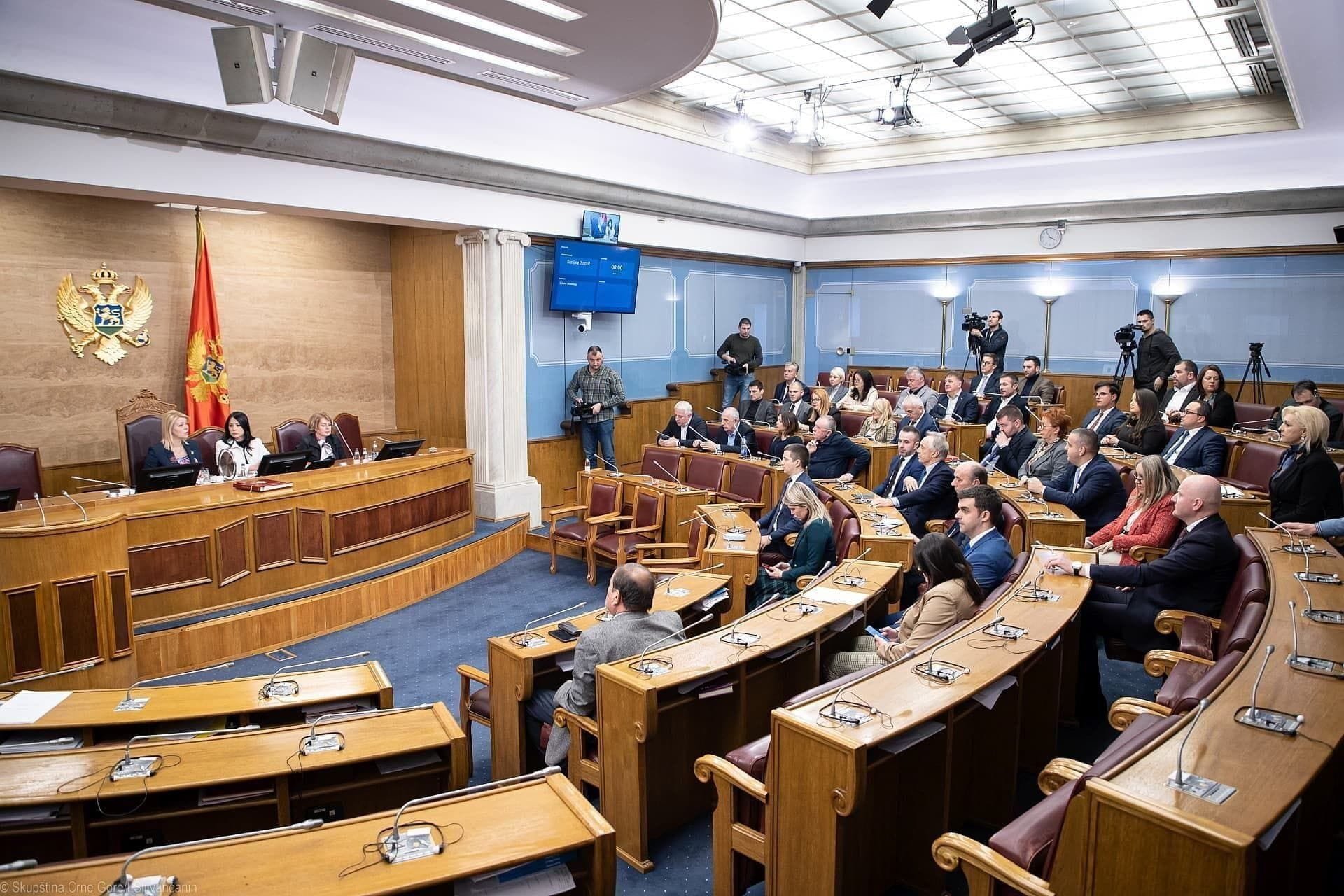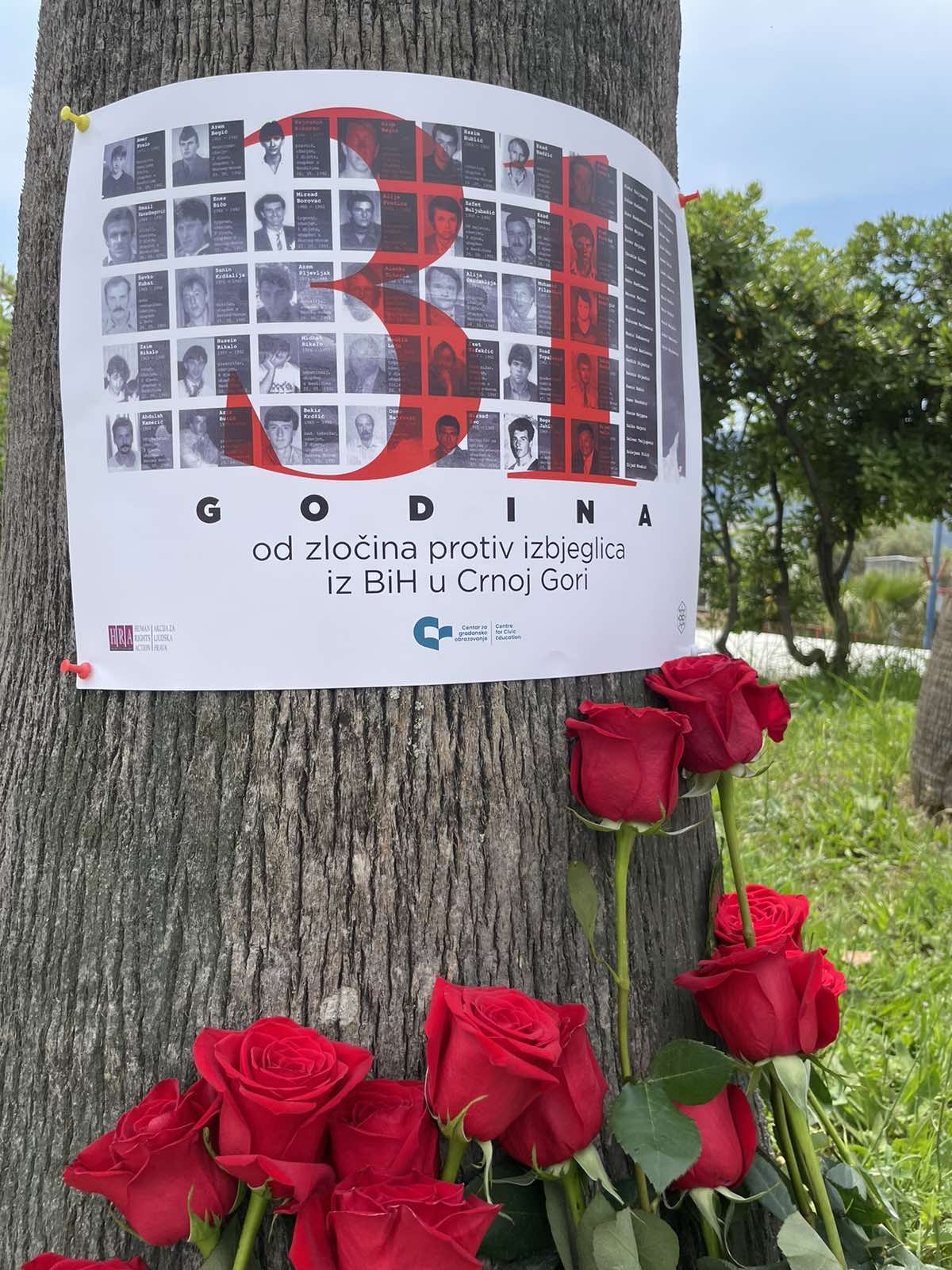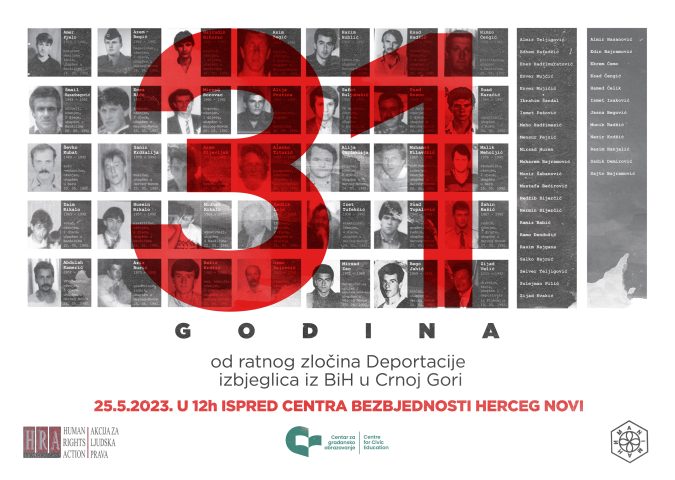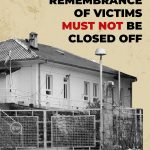
DISCRIMINATION OF FAMILIES OF THE VICTIMS OF ABDUCTION IN ŠTRPCI
10/05/2023
NGOs commemorate the 31st anniversary of the unpunished war crime of the Deportation of Bosnian-Herzegovinian refugees
25/05/202331 YEARS SINCE THE CRIME OF DEPORTATION OF REFUGEES – INVITATION TO MEMORIAL GATHERING

Human Rights Action (HRA), Centre for Civic Education (CCE), and ANIMA – Center for Women and Peace Education, invite to the traditional memorial gathering on Thursday, 25 May 2023, at noon, in front of the Security Centre in Herceg Novi, to commemorate the anniversary of the Deportation of Bosnian-Herzegovinian refugees from Montenegro in 1992. The gathering is organised as an expression of the conscience of Montenegrin society, in memory of the victims of this war crime, and support of their families.
We will mark the 31st anniversary of the war crime Deportation, which led to the death of at least 54 refugees, while 12 survived torture in the camps of the Republika Srpska.
This is the 19th year that Montenegrin non-governmental organisations organize this memorial gathering and the 14th year that it takes place in front of the building of Police Administration in Herceg Novi, from where the majority of refugees were forcibly taken and handed over to the Republika Srpska Army in Bosnia and Herzegovina. We invite you to join us in commemorating the anniversary of this war crime.
Last year, the memorial gathering was attended by family members of three victim refugees, Sanin Krdžalija, Osman Bajrović, and Suad Topalović. For the first time, four ministers in the Government of Montenegro (Minister of Interior Filip Adžić, Minister of Justice Marko Kovač, Minister of Labor and Social Welfare Admir Adrović, and now former Minister without Portfolio Adrijan Vuksanović), as well as the former Director of the Police Administration Zoran Brđanin, were also present. The Chief of Security Centre in Herceg Novi, Predrag Žižić, who was recently dismissed, attended the gathering two years in a row.
On that occasion, after 30 years, family members of the victims heard an apology from of the officials of police and the Ministry of the Interior for the unlawful arrest and extradition of refugees to the Army of the Republika Srpska in Bosnia and Herzegovina. This fulfilled one of the three initiatives advocated, for over decade, by HRA, CCE, ANIMA, and former member of the Council for Civilian Oversight of Police Work, Aleksandar Saša Zeković.
Last year, Minister of Interior, Filip Adžić, publicly supported the remaining two initiatives of non-governmental organisations to erect a memorial and commemorate the day of remembrance for the victims of this war crime at the gathering site. In this regard, we sent a letter to Minister Adžić, questioning the progress in fulfilling that commitment over the past year.
We remind that twelve years ago, HRA, CCE, ANIMA, and Aleksandar Zeković submitted an initiative to the President of the Parliament of Montenegro, Ranko Krivokapić, and to all parliamentary club leaders to declare a Day of Remembrance for the victims of the Deportation crime in 1992. The same initiative was sent to the former President of the Parliament of Montenegro, Aleksa Bečić, in 2021. He responded that a change in the law would be required for this, but neither he nor the Democrats did initiate that change.
According to available official documentation, in May 1992, the Montenegrin police unlawfully arrested at least 66 civilians, and according to unofficial data, over a hundred civilians aged 18 to 66, who had sought refuge in Montenegro from the war in Bosnia and Herzegovina. They were handed over as hostages to the Bosnian Serb Army under the leadership of Radovan Karadžić and Ratko Mladić for the exchange of prisoners of war.
Signed and sealed documents of Montenegrin officials testify to this.
One group of refugees was sent from Herceg Novi on 25 May 1992, to the Penitentiary in Foča, and only a few survived the horrors of that camp for the non-Serb population. According to unofficial information, those who were extradited in the second group on 27 May 1992, perished due to shelling shortly after crossing the border. The bodies of all the victims deported in the second group have still not been found, and the exact location where they perished is unknown.
After a four-year trial, Montenegro compensated the families of 200 victims for the unlawful actions of the Montenegrin police that resulted in tragic consequences. The unlawful arrest and extradition of refugees were established by a final criminal verdict in Montenegro and a verdict by the International Criminal Tribunal for the former Yugoslavia in the Krnojelac case (the camp warden in Foča). However, none was punished in the criminal proceedings conducted in Montenegro because the competent court arbitrarily introduced the requirement that the accused “had to belong to an organisation on the other side of the conflict or act in the service on the other side of the conflict to be held accountable for a war crime”, and it was concluded that Montenegro was not a party to the conflict in Bosnia and Herzegovina.
This year, the European Court of Human Rights made a disappointing decision to dismiss the complaint of nine women, mothers, wives, sisters, and daughters of six deceased refugees, nearly ten years after they submitted the complaint against Montenegro for violating the right to life. The Court concluded that the families of the victims lost their victim status under the Convention because the state had compensated them for damages and conducted criminal proceedings, regardless of the incorrect application of international humanitarian law, which influenced the release of all the accused, and although the investigation and indictment did not include the state leadership.
Human Rights Action (HRA)
Centre for Civic Education (CCE/CGO)
ANIMA – Center for Women and Peace Education







 English
English